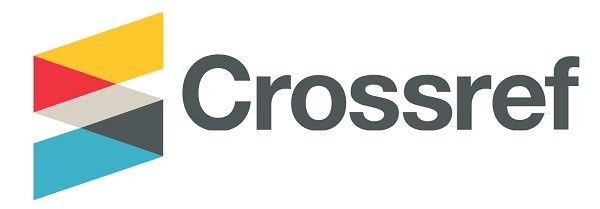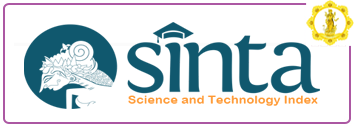Etika Sebagai Dasar Pengendalian Diri Manusia
DOI:
https://doi.org/10.25078/jpm.v1i1.43Keywords:
Ethics, Self-ControlAbstract
Men are full of desires that need to be satisfied through functioning the senses, which are part of the mind used for reasoning, feeling, and acting. From the senses happiness or sadness may come. When the senses are connected to the out world the selves within may see problems even calamities if the desires are uncontrolled. In Hindu there are several teachings that can be refered to as the ethics for controlling the self. Trikaya Parisudha teaches that life should be directed to reach happiness by thinking, speaking, and doing good. The Sad Ripu teaches the six enemies within self that are to fight, namely desires, greediness, anger, disorientation, drunkness, and envy. Sapta Timira teaches seven things that can blind the mind, namely beauty, rich, intellectuality, family line, youth, alchoholic beverage, braveness. Beisdes all of them, the inclination of being good or bad that are latent within the self should be also realized as Hindus.
Downloads
References
Cudamani, 1987. Pengantar Agama Hindu Untuk Perguruan Tinggi. Jakarta : Yayasan Wisma Karma.
Kajeng, 1999. Sarasamuscaya. Surabaya: Paramita.
Pudja, 1999. Bhagavagita. Surabaya : Paramita.
Purbatjaraka, 1982. â€Arti Rà mà yana†Denpasar: Institut Hindu Dharma Denpasar.
Sura,1985. Pengendalian Diri dan Etika Dalam Ajaran Agama Hindu. Jakarta: Hanuman Sakti.
---------------- 1991. Agama Hindu Sebuah Pengantar. Denpasar : CV Kayumas Agung.
---------------- 1999. â€Siwatattwaâ€. Denpasar: Pemerintah Daerah Tingkat I Bali PPPPKB.
Surada, 2006. Dharmagita Kidung Pañca Yajña, Beberapa Wirama, Úloka, Phalawakya dan Macepat. Surabaya: Paramita









